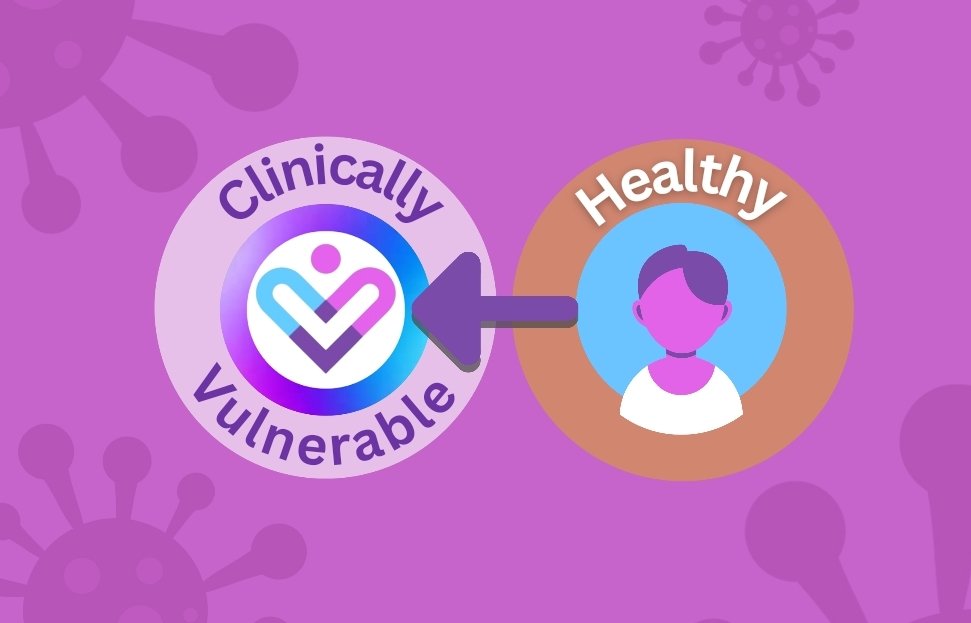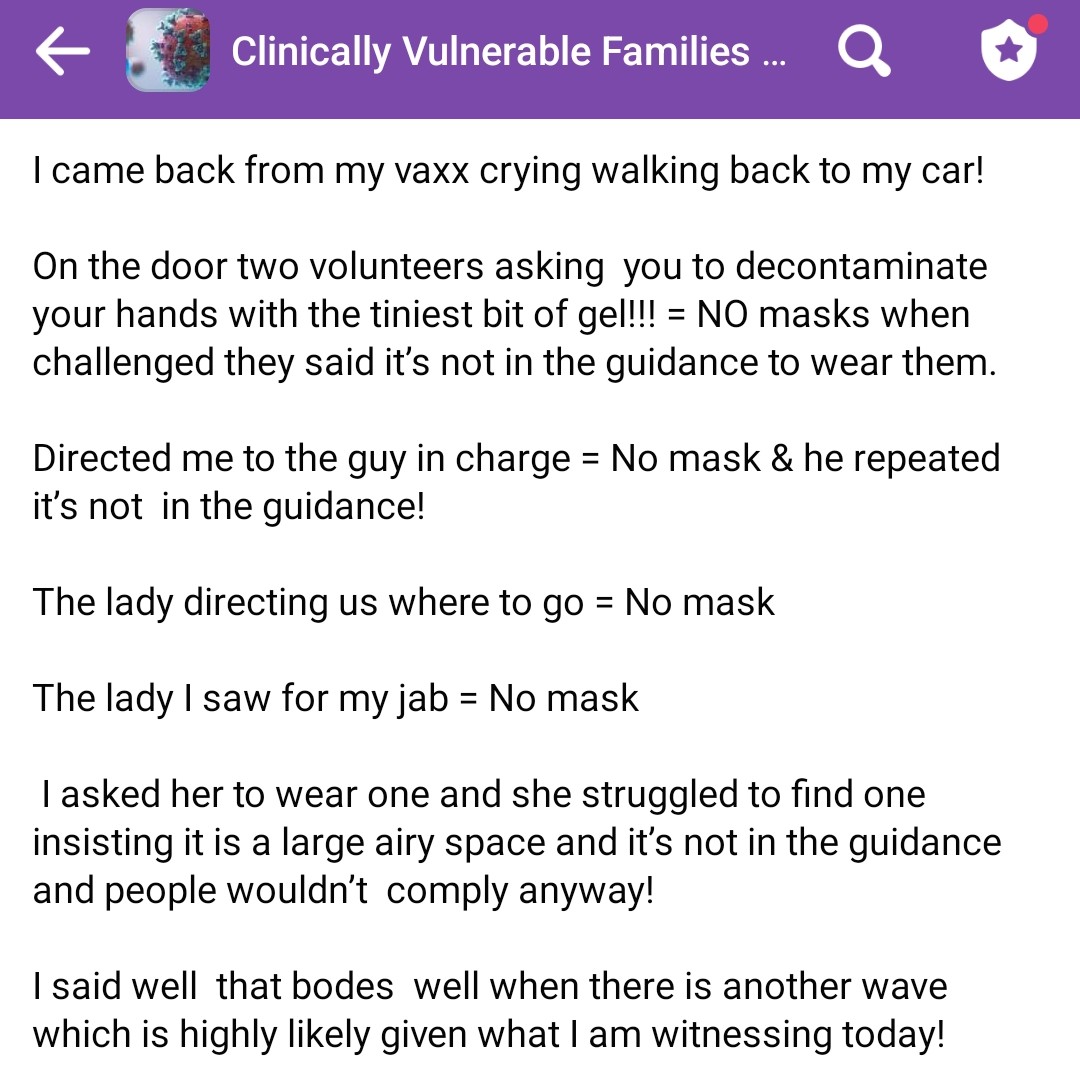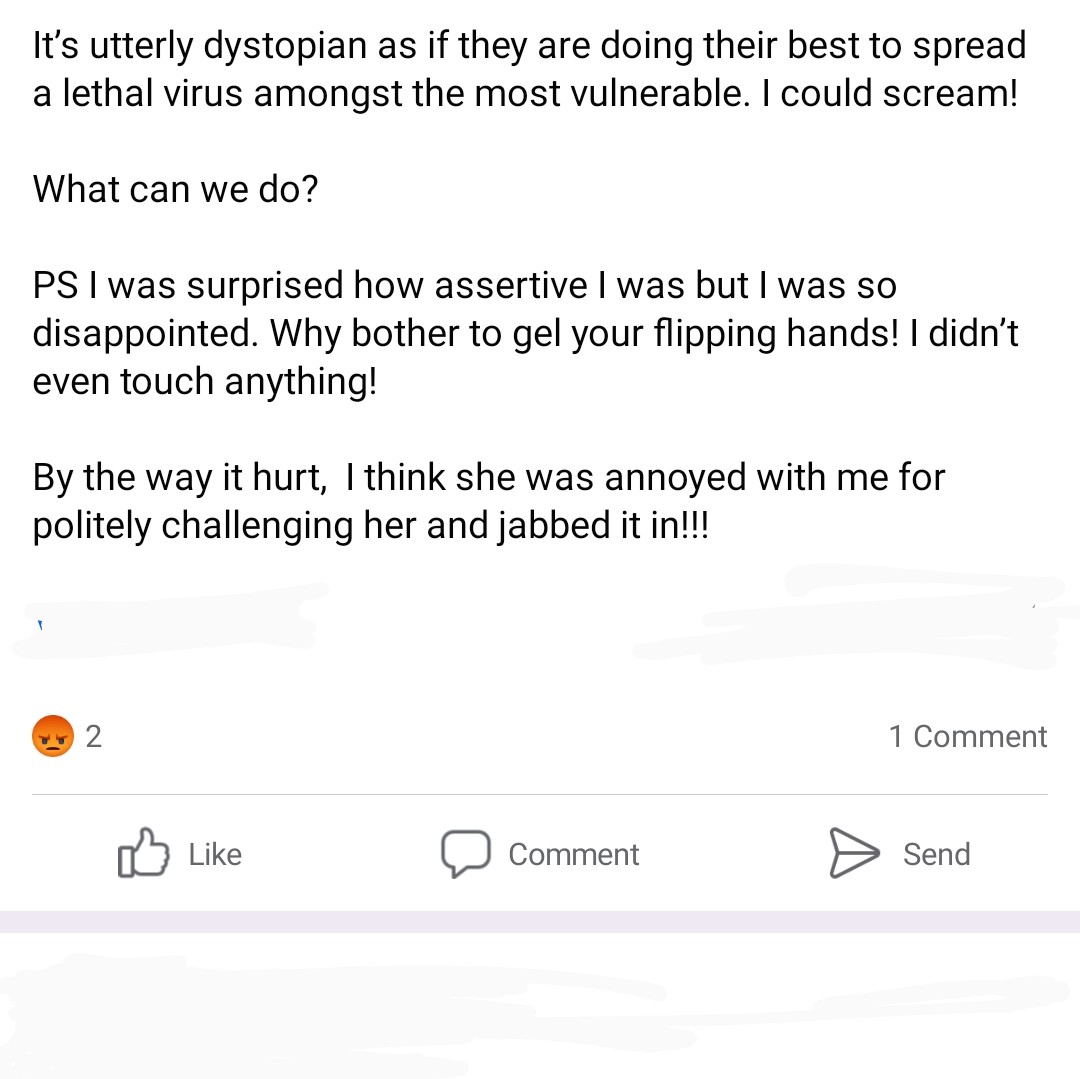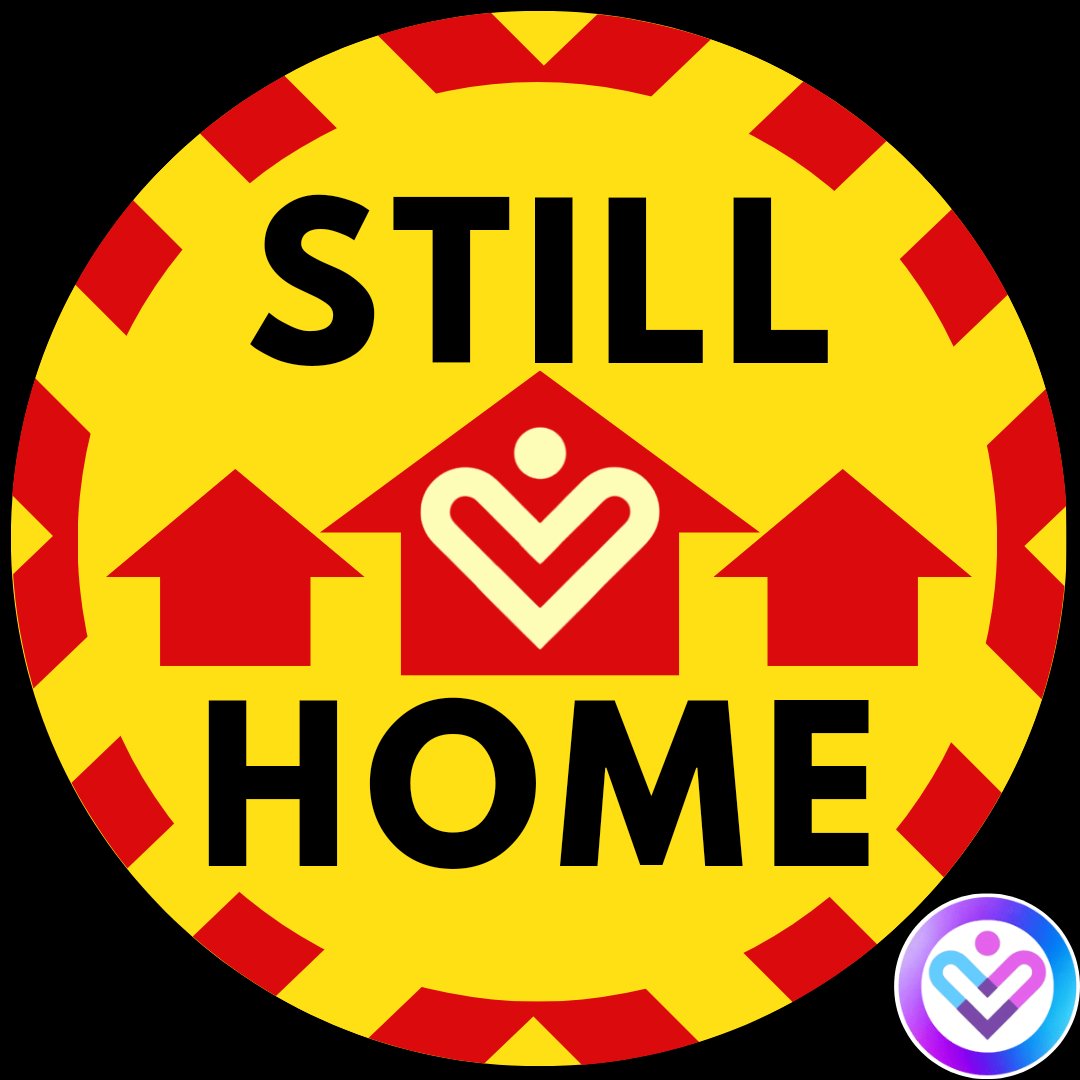🏵 THE COVID CYCLE ♻️
As we navigate our way through the post-Covid world, it's important to consider the link between infections and outcomes.
1/🧵
TLDR :
🚫 Try to avoid catching / spreading infections
💨 Clean air will help
As we navigate our way through the post-Covid world, it's important to consider the link between infections and outcomes.
1/🧵
TLDR :
🚫 Try to avoid catching / spreading infections
💨 Clean air will help

While you may well start off healthy, anyone can become Clinically Vulnerable at some point in their life, making them more susceptible to severe infections.
Take it from us, it isn't particularly fun - and frequently, our lives feel less valued.
2/
Take it from us, it isn't particularly fun - and frequently, our lives feel less valued.
2/

Covid infections or repeat infections of healthy people can lead to Long Covid*, where people experience prolonged symptoms and conditions including: fatigue, brain fog and respiratory issues.
* Some data suggests that up to 1 in 10 infections result in long-term symptoms.
3/
* Some data suggests that up to 1 in 10 infections result in long-term symptoms.
3/

Also, people with Long Covid can become Clinically Vulnerable if they acquire conditions including:
🫁 Chronic respiratory conditions
🫀 Cardiovascular diseases
💉 Diabetes
🧠 Neurological complications
You might have noticed people who have developed a persistent cough.
4/
🫁 Chronic respiratory conditions
🫀 Cardiovascular diseases
💉 Diabetes
🧠 Neurological complications
You might have noticed people who have developed a persistent cough.
4/

According to the final ONS Covid Survey data, Clinically Vulnerable people have a 5.4x increased risk of Long Covid following Covid infections.
💙 Catching Covid isn't healthy
💜 It doesn't promote 'natural immunity'
💗 Living with Covid = constant reinfection
6/
💙 Catching Covid isn't healthy
💜 It doesn't promote 'natural immunity'
💗 Living with Covid = constant reinfection
6/

Vaccination has been a crucial tool in breaking the Covid cycle and protecting lives.
Highly vaccinated countries are experiencing lower mortality despite the virus not actually being milder.
7/
Highly vaccinated countries are experiencing lower mortality despite the virus not actually being milder.
7/
However, we mustn't forget that Covid continues to claim far too many lives.
Anyone can be at risk, and we are all 3 years older and 3 years more vulnerable.
8/
Anyone can be at risk, and we are all 3 years older and 3 years more vulnerable.
8/

To further break the Covid cycle, we need clean air as Covid spreads in aerosols.
We mustn't simply accept ~6 peaks a year as new variants continue to rip through the global community. It places a continuous burden on struggling health services. It is not 'flu.
HT - @jneill
9/
We mustn't simply accept ~6 peaks a year as new variants continue to rip through the global community. It places a continuous burden on struggling health services. It is not 'flu.
HT - @jneill
9/

No one wants to see more people suffering from Long Covid or losing their lives.
While the Covid cycle may be here to stay, we can't simply accept current rates of infection and reinfection.
10/
While the Covid cycle may be here to stay, we can't simply accept current rates of infection and reinfection.
10/
Going forward, we should consider the following:
💨 #CleanAir
😷 #WearAMask in high-risk, poorly ventilated indoor settings inc. healthcare
🥄 Testing / isolation if symptomatic
🌍 💉Supporting equitable access to vaccines around the world
11/
💨 #CleanAir
😷 #WearAMask in high-risk, poorly ventilated indoor settings inc. healthcare
🥄 Testing / isolation if symptomatic
🌍 💉Supporting equitable access to vaccines around the world
11/
...and for anyone who thinks that young children can't or shouldn't be tested, there are saliva 'lollypop' tests that are accurate and trouble-free.
Parents in our Facebook group have been very happy with them.
12/
Parents in our Facebook group have been very happy with them.
12/

• • •
Missing some Tweet in this thread? You can try to
force a refresh

 Read on Twitter
Read on Twitter










